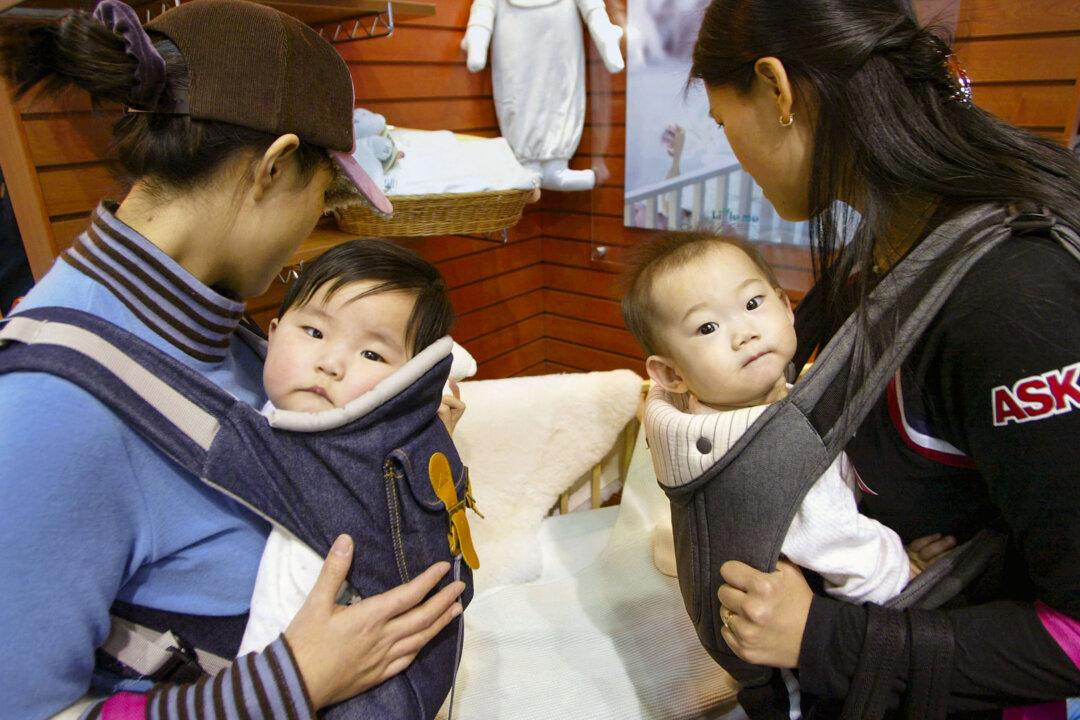South Korean President Yoon Suk Yeol recently declared a demographic national emergency, vowing to make drastic policy adjustments to tackle the country’s ultra-low birth rate.
“The most fundamental and fatal problem is the demographic crisis caused by ultra-low birth rates.” Mr. Yoon said on June 19, during a Presidential Committee on Aging Society and Population Policy meeting in Gyeonggi Province.





